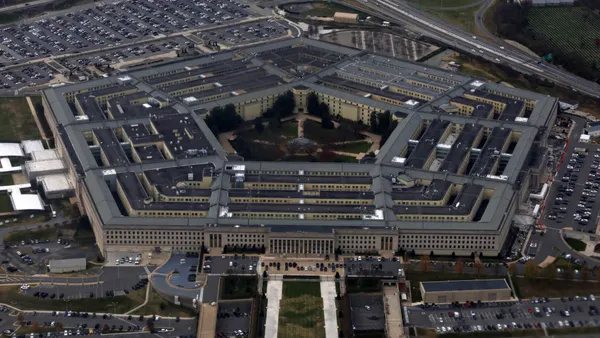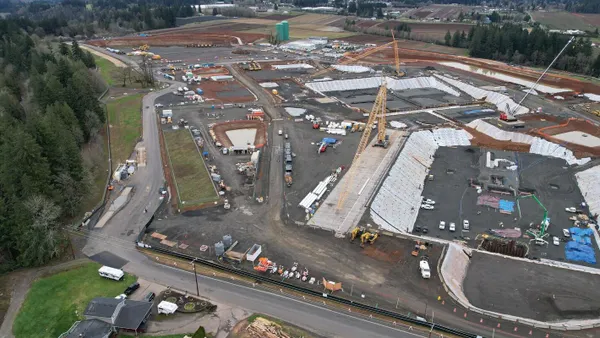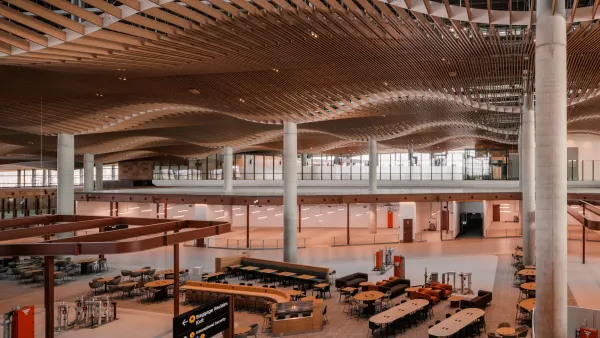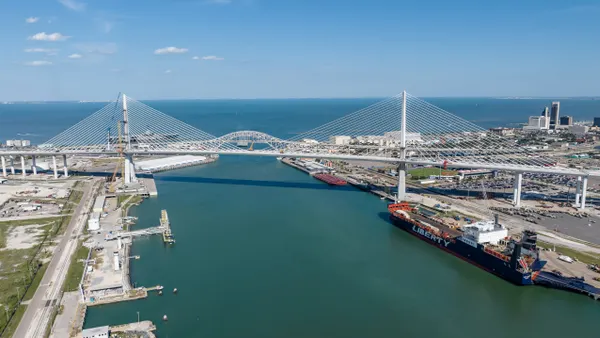Dive Brief:
-
Tesla co-founder Elon Musk announced on Twitter Thursday that he has received "verbal" government approval to build an ultra-high-speed rail tunnel between New York City and Washington, DC. There's no estimate of project costs, but Musk is known for putting down his own money on such ventures.
-
Musk said the hyperloop would connect the two cities through a 29-minute trip that would also include Philadelphia and Baltimore. His new tunnel-boring firm, The Boring Company, would perform the work.
-
Musk did not specify which agency gave him the nod, but USA Today reported that White House officials have been in talks with Musk about such a project. New York City Mayor Bill de Blasio and other area government heads said they are not familiar with the plans and have not yet been contacted.
Dive Insight:
Musk also encouraged the public, via Twitter, to contact their elected officials if they want the project to happen, leading some to suggest that the primary intention of Musk's announcement was to garner support for the project.
Regardless of how official the government approval was, the project's cost and timeline are still up in the air. So it's unlikely that commuters along the busy Northeast Corridor will see a hyperloop travel option any time soon.
As a point of reference, it took tunnel-boring machine Bertha almost four years — including about two years of machine breakdowns and repairs — to dig a 1.75-mile path under Seattle at a price of $2.1 billion. Cost projections for another tunnel project that will connect Long Island Rail Road passengers to Manhattan's Grand Central Terminal are $1 million per foot, resulting in a total cost of more than $10 billion.
Musk's space-travel venture, SpaceX, has hired AECOM to build a hyperloop test track at its Hawthorne, CA, headquarters. However, Musk has not yet endorsed one of the hyperloop systems currently under development.
The Hyperloop One project saw some success earlier this month when it completed the first full test of its ultra-high-speed rail system. The hyperloop pod reached 70 mph in just over five seconds — far short of the 700-mph goal for the completed project. The company will try to reach 250 mph in its next test.
In June, Hyperloop One competitor Hyperloop Transportation Technologies (HTT) signed a deal with South Korea that will allow the country to use its technology to build a Hyper Tube Express system. HTT will also work with South Korean researchers to develop new hyperloop features.













